Young mothers in Port Moresby’s settlements face high unemployment, lack of vocational training, and financial exclusion. Many rely on informal jobs with little stability or income. This project addresses those challenges by equipping 120 women with practical skills in tailoring, catering, beautician services, and entrepreneurship. It fosters self-reliance and reduces poverty by linking graduates to markets, financial services, and business mentorship.
.avif)
This project will provide a safe and stable shelter for women exiting human trafficking and commercial sex work in Livingstone, Zambia. The shelter will offer a secure environment where survivors can begin their healing journey and access essential services. We have identified several key needs to fully establish and sustain the shelter, including construction, furnishings, and support staff.
.avif)
In Tanzania, over 1.5 million girls are out of school, many at risk of early marriage and exploitation. This project, led by the Daughters of Mary Immaculate (DMI), will empower adolescent girls in Kibaha District through school-based clubs, vocational training, and community awareness. Your support will provide life skills, reproductive health education, and income-generating tools to girls who need them most.
.avif)
In vulnerable communities, many women are pushed into sex work due to poverty and lack of opportunity. This project equips 50 female sex workers with training in entrepreneurship and agriculture, helping them build stable, dignified income sources. It also promotes HIV prevention and reduces stigma through outreach to 2,500 community members.
.avif)
This project will support displaced families in Malakal, South Sudan, through sustainable livelihoods, community-led structures, and urgent relief efforts. By establishing programs in relatively stable areas like Wau Shilluk and Kodok Payams, SDMIC aims to promote long-term resettlement and economic independence for thousands of returnees.
.avif)
In settlements like Kogeva, Talai, and Kou Kou, many children—especially girls—drop out of school due to poverty, cultural stigma, and lack of educational support. With only 35% of children completing primary school in PNG and 30% of youth aged 14–24 illiterate, urgent intervention is needed. This project offers bridge courses, educational supplies, and community advocacy to reintegrate dropout children into school, improve literacy, and foster youth leadership through Children’s Parliaments.
.avif)
This project will fund the refurbishment of Kwenuha Women’s Association’s administrative office in Livingstone, Zambia. A functional and welcoming office will improve coordination, record keeping, and service delivery—ensuring more effective support for women exiting exploitation.
.avif)
This project establishes an Entrepreneurship Development Centre (EDC) to support trafficked young women in Tanzania with tailored business training, start-up capital, and mentorship. Building on DMI’s successful aftercare programs, the EDC addresses long-term economic vulnerability and empowers survivors to achieve financial independence through sustainable small businesses.
.avif)
This project will fund a vehicle for the Livingstone Night Watch Outreach Program, enabling Kwenuha Women’s Association to safely and effectively reach women involved in sex work during nighttime outreach efforts. The vehicle will support recruitment, soft rescue, and rehabilitation, extending the reach and impact of Kwenuha’s life-changing programs.
.avif)
With a rise in trafficking and ongoing urban poverty, there is an urgent need to provide survivors of human trafficking with vocational skills and psychosocial support to prevent re- trafficking and enable independent livelihoods. The repurposing of the current training space into a primary school necessitates the construction of a new facility to continue this critical work.
.avif)
his project will provide specialized rehabilitation services—including physiotherapy, mental health care, and nutritional support—for child survivors of ritual sacrifice and trafficking in Uganda. Your support will ensure these children receive the care they need to heal, grow, and reintegrate into their communities.
.avif)
This project will provide a consistent and reliable water source to support the rehabilitation of women survivors of human trafficking and commercial sex work in Livingstone, Zambia. Access to clean water will expand the farm’s productivity, enabling women to participate fully in agricultural training and income-generating activities that lead to long-term independence.
.avif)
This project will empower women and girls in sex work through outreach, psychosocial support, and life skills training. Through Kwenuha’s signature “Night Watch” program, peer educators engage sex workers in clubs and bars, connecting them to behavioral change workshops, vocational training, and educational support for their children. The initiative fosters dignity, reduces HIV risk, and offers pathways to safer livelihoods.
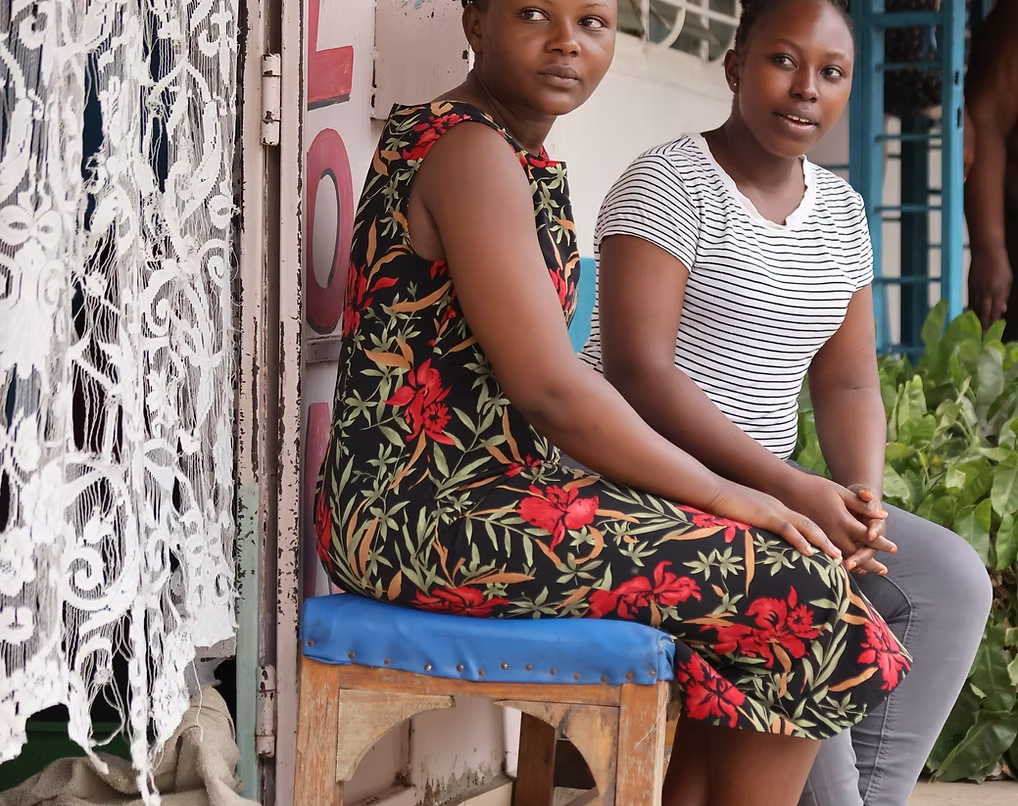
Women and juvenile inmates at Bomana Prison face deep social disconnection, trauma, lack of skills, and limited reintegration support. Without structured rehabilitation, they risk recidivism and continued marginalization. This project provides a holistic program—including psychosocial counseling, spiritual formation, vocational training, and family therapy—to restore dignity, build skills, and prepare inmates for successful reintegration into society.
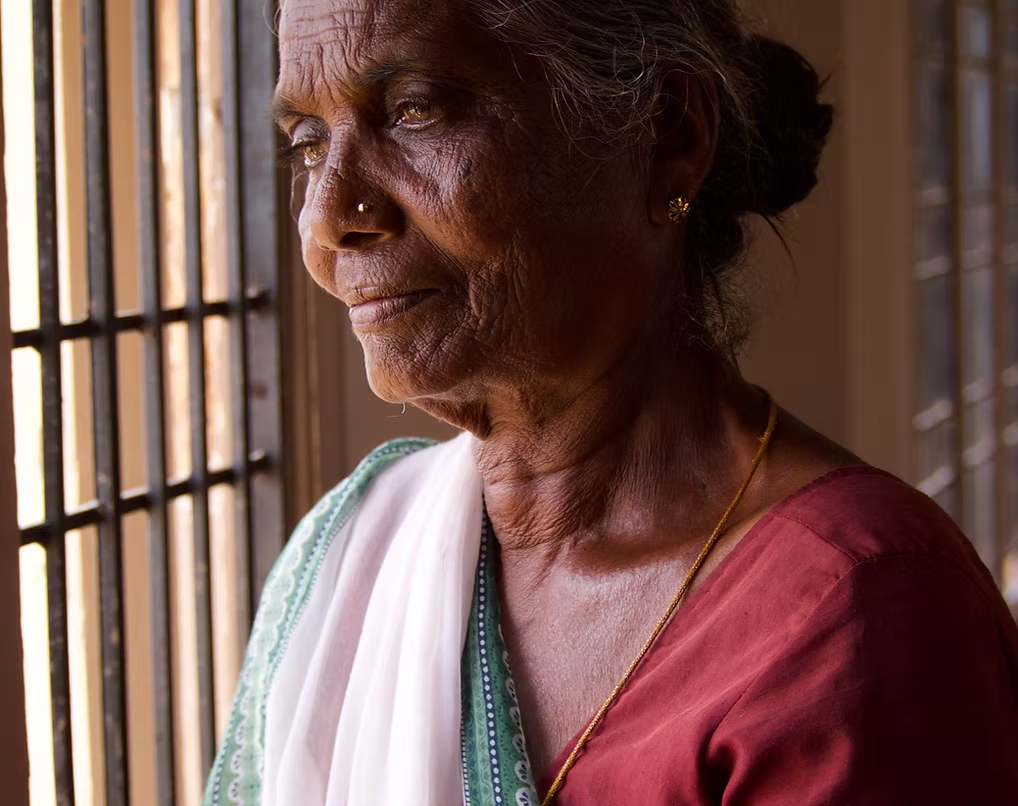
High rates of child labor—particularly in tobacco farming and construction—pose health and educational risks for children aged 7–13. Community members often lack awareness of child labor as a violation. This project addresses root causes through education, community mobilization, and shifting farmers from tobacco to sustainable crops. To ensure all children of 7 to 13 (1 to VII class) years old in the project intervention area (10 villages) enroll and complete primary education.
.avif)
Rahab Uganda’s shelter provides trauma-informed residential care for survivors of commercial sexual exploitation and trafficking. Girls receive 24/7 support, including housing, meals, education, spiritual care, case management, family tracing, and reunification. Funding in 2025 covers essential renovations, transport, education reintegration, and administrative support to sustain safe, holistic care as demand increases.
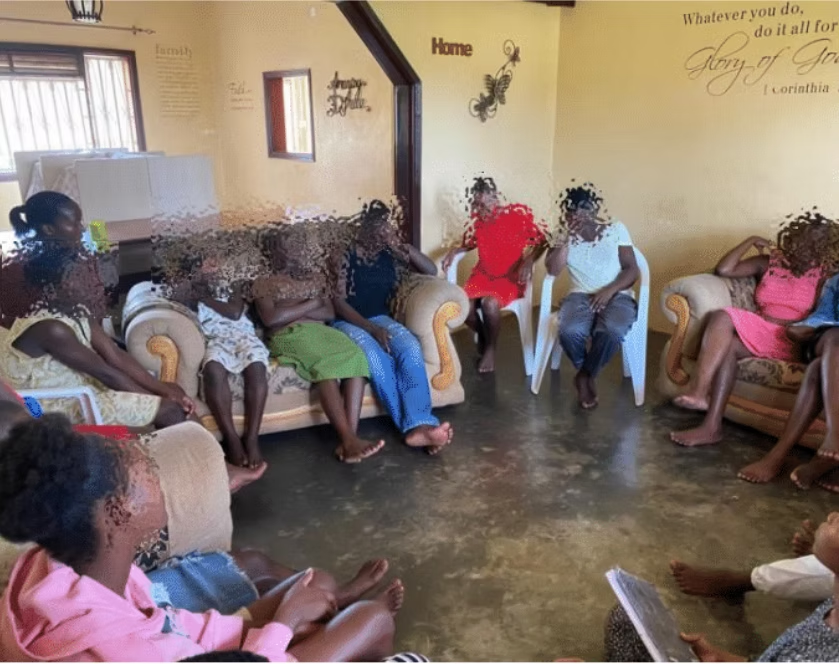
This project addresses the surge in gender-based violence in Juba’s IDP Camp-3 through psychosocial care, women’s protection groups, youth engagement, and community training. Focused on Zones D and G, it empowers survivors and promotes gender equality in one of the most dangerous environments for women and girls.
.avif)
In rural conflict zones like Tagachí, youth are frequently targeted by armed groups for forced recruitment. To protect them, families are forced to send their children away, increasing vulnerability to trafficking. Red Tamar, alongside the Claretians and Laurita Sisters, supports youth with vocational training in tailoring, crafts, stationery production, and fast food services. These livelihood pathways allow them to resettle safely in other regions and avoid recruitment and exploitation.
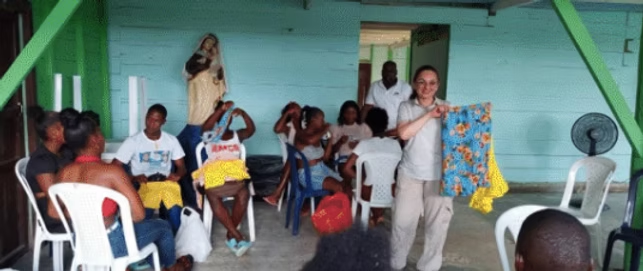
In rural Chibombo, Zambia, most young people face a future shaped by poverty, unemployment, and lack of opportunity. This project, led by the Daughters of Mary Immaculate (DMI), will build a skill training center offering practical, market-ready courses in tailoring, catering, computer skills, and beauty services. With your support, 300 rural youth each year will gain skills that lead to employment, self-sufficiency, and lasting community transformation.
.avif)
This project addresses the surge in gender-based violence in Juba’s IDP Camp-3 through psychosocial care, women’s protection groups, youth engagement, and community training. Focused on Zones D and G, it empowers survivors and promotes gender equality in one of the most dangerous environments for women and girls.
.avif)
In rural Chibombo, Zambia, most young people face a future shaped by poverty, unemployment, and lack of opportunity. This project, led by the Daughters of Mary Immaculate (DMI), will build a skill training center offering practical, market-ready courses in tailoring, catering, computer skills, and beauty services. With your support, 300 rural youth each year will gain skills that lead to employment, self-sufficiency, and lasting community transformation.
.avif)
This project will provide a safe and stable shelter for women exiting human trafficking and commercial sex work in Livingstone, Zambia. The shelter will offer a secure environment where survivors can begin their healing journey and access essential services. We have identified several key needs to fully establish and sustain the shelter, including construction, furnishings, and support staff.
.avif)
In Tanzania, over 1.5 million girls are out of school, many at risk of early marriage and exploitation. This project, led by the Daughters of Mary Immaculate (DMI), will empower adolescent girls in Kibaha District through school-based clubs, vocational training, and community awareness. Your support will provide life skills, reproductive health education, and income-generating tools to girls who need them most.
.avif)
This project will support displaced families in Malakal, South Sudan, through sustainable livelihoods, community-led structures, and urgent relief efforts. By establishing programs in relatively stable areas like Wau Shilluk and Kodok Payams, SDMIC aims to promote long-term resettlement and economic independence for thousands of returnees.
.avif)
This project will fund the refurbishment of Kwenuha Women’s Association’s administrative office in Livingstone, Zambia. A functional and welcoming office will improve coordination, record keeping, and service delivery—ensuring more effective support for women exiting exploitation.
.avif)
This project will fund a vehicle for the Livingstone Night Watch Outreach Program, enabling Kwenuha Women’s Association to safely and effectively reach women involved in sex work during nighttime outreach efforts. The vehicle will support recruitment, soft rescue, and rehabilitation, extending the reach and impact of Kwenuha’s life-changing programs.
.avif)
With a rise in trafficking and ongoing urban poverty, there is an urgent need to provide survivors of human trafficking with vocational skills and psychosocial support to prevent re- trafficking and enable independent livelihoods. The repurposing of the current training space into a primary school necessitates the construction of a new facility to continue this critical work.
.avif)
his project will provide specialized rehabilitation services—including physiotherapy, mental health care, and nutritional support—for child survivors of ritual sacrifice and trafficking in Uganda. Your support will ensure these children receive the care they need to heal, grow, and reintegrate into their communities.
.avif)
This project will provide a consistent and reliable water source to support the rehabilitation of women survivors of human trafficking and commercial sex work in Livingstone, Zambia. Access to clean water will expand the farm’s productivity, enabling women to participate fully in agricultural training and income-generating activities that lead to long-term independence.
.avif)
Women and juvenile inmates at Bomana Prison face deep social disconnection, trauma, lack of skills, and limited reintegration support. Without structured rehabilitation, they risk recidivism and continued marginalization. This project provides a holistic program—including psychosocial counseling, spiritual formation, vocational training, and family therapy—to restore dignity, build skills, and prepare inmates for successful reintegration into society.

High rates of child labor—particularly in tobacco farming and construction—pose health and educational risks for children aged 7–13. Community members often lack awareness of child labor as a violation. This project addresses root causes through education, community mobilization, and shifting farmers from tobacco to sustainable crops. To ensure all children of 7 to 13 (1 to VII class) years old in the project intervention area (10 villages) enroll and complete primary education.
.avif)
Young mothers in Port Moresby’s settlements face high unemployment, lack of vocational training, and financial exclusion. Many rely on informal jobs with little stability or income. This project addresses those challenges by equipping 120 women with practical skills in tailoring, catering, beautician services, and entrepreneurship. It fosters self-reliance and reduces poverty by linking graduates to markets, financial services, and business mentorship.
.avif)
In vulnerable communities, many women are pushed into sex work due to poverty and lack of opportunity. This project equips 50 female sex workers with training in entrepreneurship and agriculture, helping them build stable, dignified income sources. It also promotes HIV prevention and reduces stigma through outreach to 2,500 community members.
.avif)
In settlements like Kogeva, Talai, and Kou Kou, many children—especially girls—drop out of school due to poverty, cultural stigma, and lack of educational support. With only 35% of children completing primary school in PNG and 30% of youth aged 14–24 illiterate, urgent intervention is needed. This project offers bridge courses, educational supplies, and community advocacy to reintegrate dropout children into school, improve literacy, and foster youth leadership through Children’s Parliaments.
.avif)
This project establishes an Entrepreneurship Development Centre (EDC) to support trafficked young women in Tanzania with tailored business training, start-up capital, and mentorship. Building on DMI’s successful aftercare programs, the EDC addresses long-term economic vulnerability and empowers survivors to achieve financial independence through sustainable small businesses.
.avif)
Rahab Uganda’s shelter provides trauma-informed residential care for survivors of commercial sexual exploitation and trafficking. Girls receive 24/7 support, including housing, meals, education, spiritual care, case management, family tracing, and reunification. Funding in 2025 covers essential renovations, transport, education reintegration, and administrative support to sustain safe, holistic care as demand increases.

In rural conflict zones like Tagachí, youth are frequently targeted by armed groups for forced recruitment. To protect them, families are forced to send their children away, increasing vulnerability to trafficking. Red Tamar, alongside the Claretians and Laurita Sisters, supports youth with vocational training in tailoring, crafts, stationery production, and fast food services. These livelihood pathways allow them to resettle safely in other regions and avoid recruitment and exploitation.

A look at the shelters, partnerships, and moments that have shaped our work around the world.
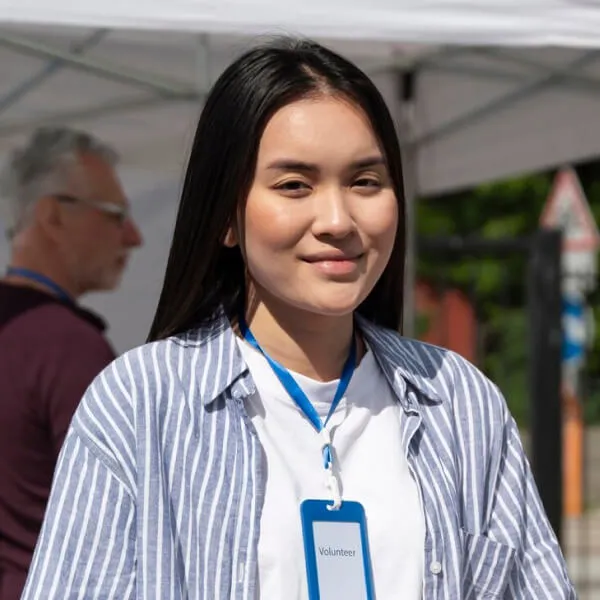
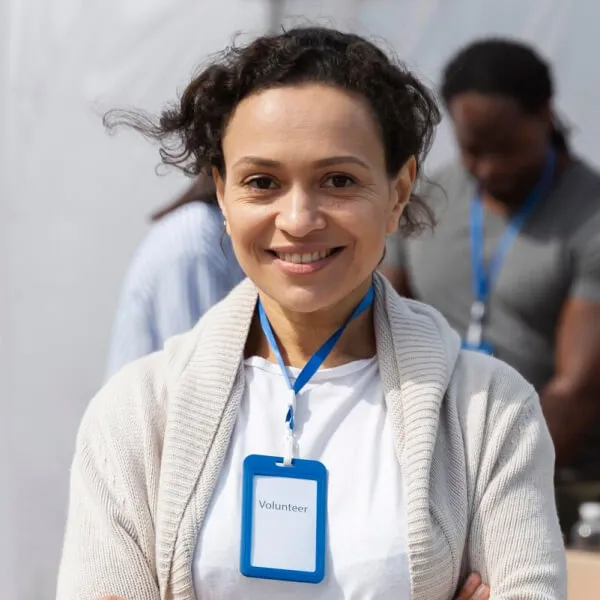
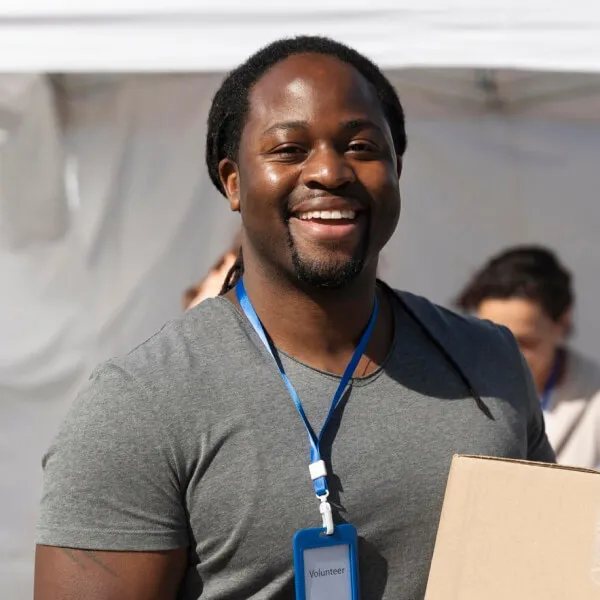

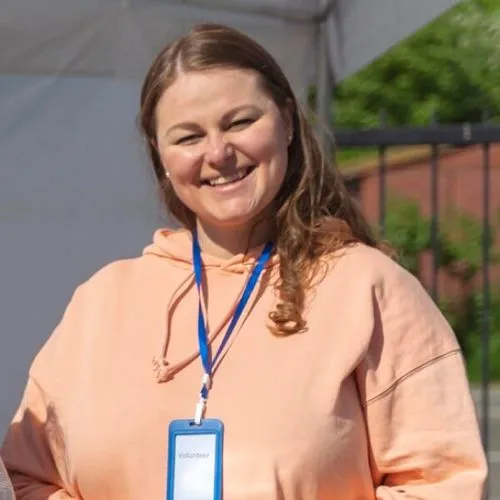
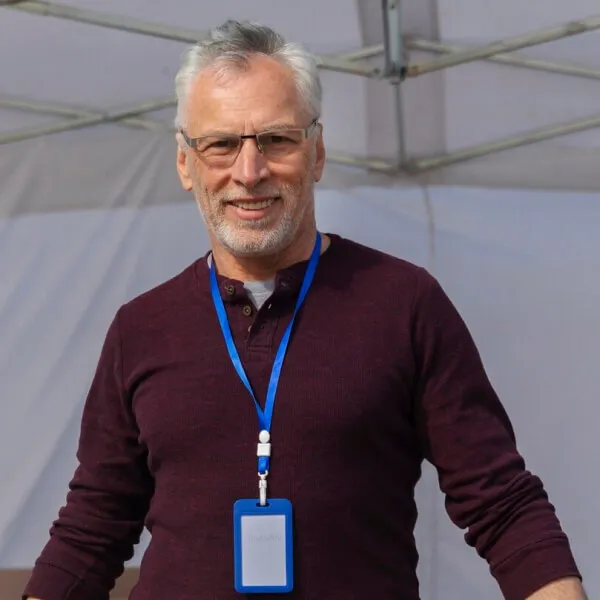
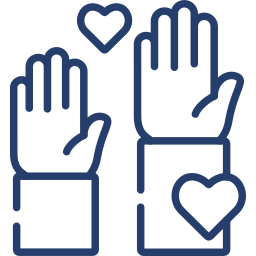
From admin help to fundraising support, your talents can strengthen our work and expand our reach.
.png)
Every donation helps us train teams, accredit programs, and walk with survivors on the path to healing.

Operate and aftercare program? Join us and become part of the community worldwide.
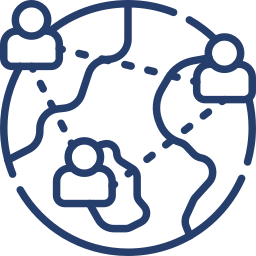
Have a question or idea? We’d love to hear from you and explore ways to work together.